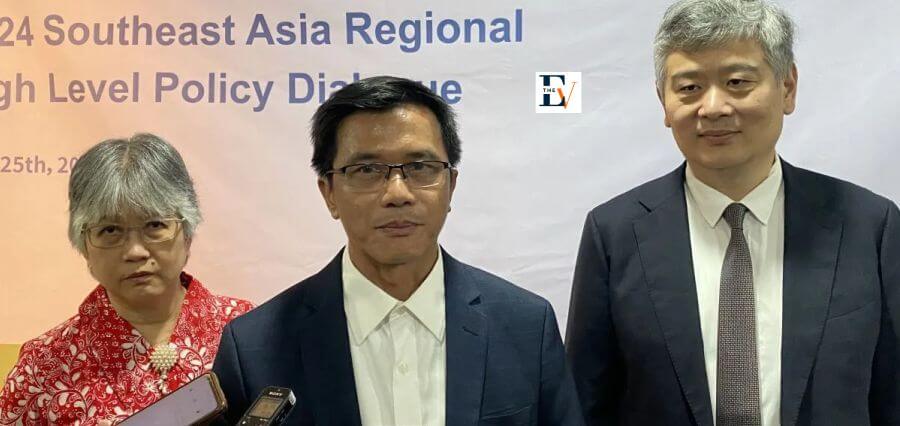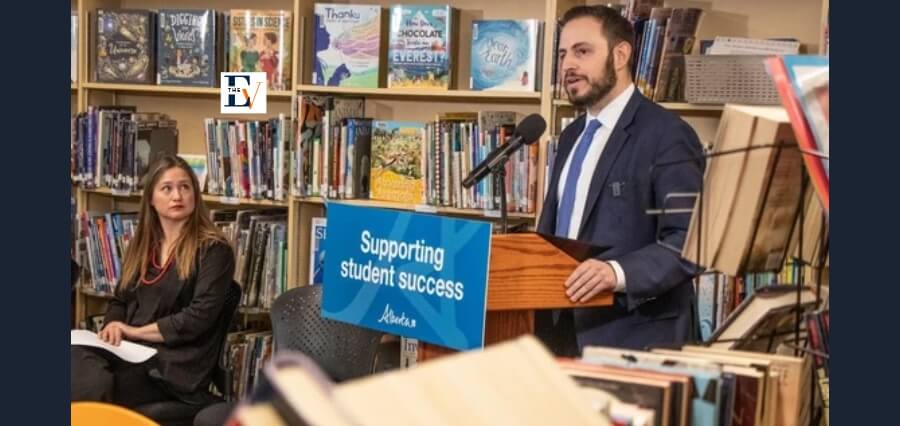On Thursday, the Ministry of Education, Culture, Research, and Technology highlighted that technological advancements like artificial intelligence (AI) hold the potential to enhance higher education.
Abdul Haris, the ministry’s Director-General of Higher Education, Research, and Technology, emphasized that integrating AI into university education can streamline the learning process for students and address various learning obstacles.
“We hope that the higher education level can be supported by the rapid development of technology that can provide solutions and convenience for students to learn better,” he said at the “Leading Effective Integration of GenAI in Higher Education” event.
According to him, universities must now digitally convert their educational systems so that they can move away from old models and toward digitally based instruction.
According to Haris, artificial intelligence (AI) is currently being used extensively in the field of education. For example, AI can be used to create materials for teaching and learning as well as to perform assessments and evaluations. He added that academics may find it useful for their administrative tasks.
“The advantages are numerous. Mendeley is it for research. “It is the most basic yet highly beneficial,” he continued.
ChatGPT is another AI technology that operates in a dialogue-style manner. In contrast to asking questions of their teacher during class, students can now ask ChatGPT questions and receive timely responses.
But according to Haris, if there aren’t enough rules governing AI’s application, it might also pose a threat to the educational field. “We must supervise its utilization to prevent it from becoming damaging. If not (controlled) there will be a lot of harm, I think we must regulate this,” he added.






